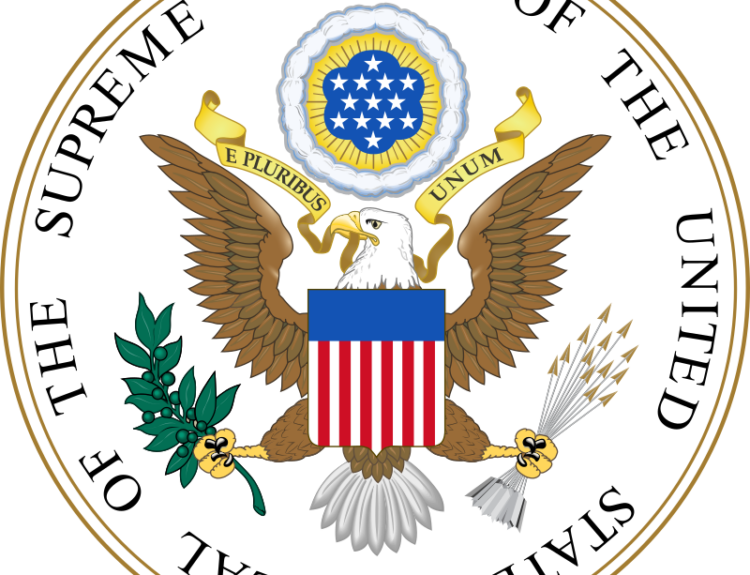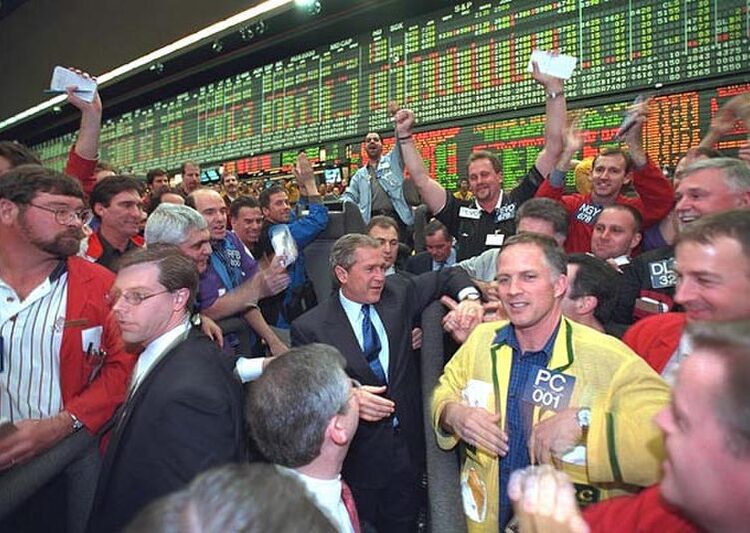Foreign carmakers face challenges and adaptations as local brands surge forward in China’s rapidly electrifying auto market
- Foreign carmakers’ market share in China has decreased from 50.5% last year to 43% this year.
- Chinese electric-vehicle makers have gained significant market share due to state subsidies and improved quality of local brands.
- Tariffs on Chinese EVs by the U.S. and EU are adding to foreign carmakers’ struggles in China.
- Foreign car companies are adapting to declining sales by cutting production capacity and shifting focus to electric vehicles.
- Volkswagen, Toyota, and Nissan plan to localize development of cars sold in China.
- Tesla is an exception with strong EV sales but faces challenges due to aging models.
Foreign car manufacturers are experiencing a decline in their market share in China, particularly in the electric vehicle sector. Chinese electric-vehicle makers have gained significant ground due to state subsidies and improvements in local brand quality. In response, foreign companies are cutting production capacity and shifting focus to EVs. Volkswagen, Toyota, and Nissan plan to localize development of cars sold in China. Tesla faces challenges despite strong sales.
Factuality Level: 8
Factuality Justification: The article provides accurate information about the decline in foreign car brands’ market share in China, citing data from the China Passenger Car Association and quotes from industry executives. It also discusses the reasons behind this decline, such as increased competition from local electric-vehicle makers and tariffs imposed by other governments. The article also mentions efforts by some companies to adapt to the changing market, like Volkswagen’s investment in Chinese startups and Toyota and Nissan’s plans for localization. However, it could provide more context on the specific models and strategies of local Chinese brands that are gaining market share.
Noise Level: 6
Noise Justification: The article provides some relevant information about the decline in foreign car brands’ market share in China and their efforts to adapt to local tastes and technology, but it also contains some repetitive information and focuses on specific companies without providing a comprehensive analysis of the overall trend. It lacks actionable insights or new knowledge for readers.
Public Companies: Tesla (TSLA), Volkswagen (VOW3), Honda (7267), Mitsubishi Motors (null), Stellantis (null), Hyundai (null), Nissan (null), Toyota (null)
Key People: Masayuki Igarashi (Honda’s managing executive officer overseeing its China business), Ralf Brandstätter (Head of Volkswagen’s business in China), Elon Musk (Chief Executive of Tesla)
Financial Relevance: Yes
Financial Markets Impacted: Chinese auto market, foreign carmakers (Tesla, Volkswagen, Honda, etc.), US and EU tariffs on Chinese EVs
Financial Rating Justification: The article discusses the decline in foreign brands’ share of the Chinese passenger-car market, impacting companies like Tesla, Volkswagen, Honda, and others. It also mentions tariffs imposed by the US and EU on Chinese EVs, which affects financial markets. The shift towards local electric vehicle makers and changes in strategies by foreign carmakers due to changing consumer preferences have financial implications.
Presence Of Extreme Event: No
Nature Of Extreme Event: No
Impact Rating Of The Extreme Event: No
Extreme Rating Justification: There is no extreme event in the text.
 www.wsj.com
www.wsj.com 





